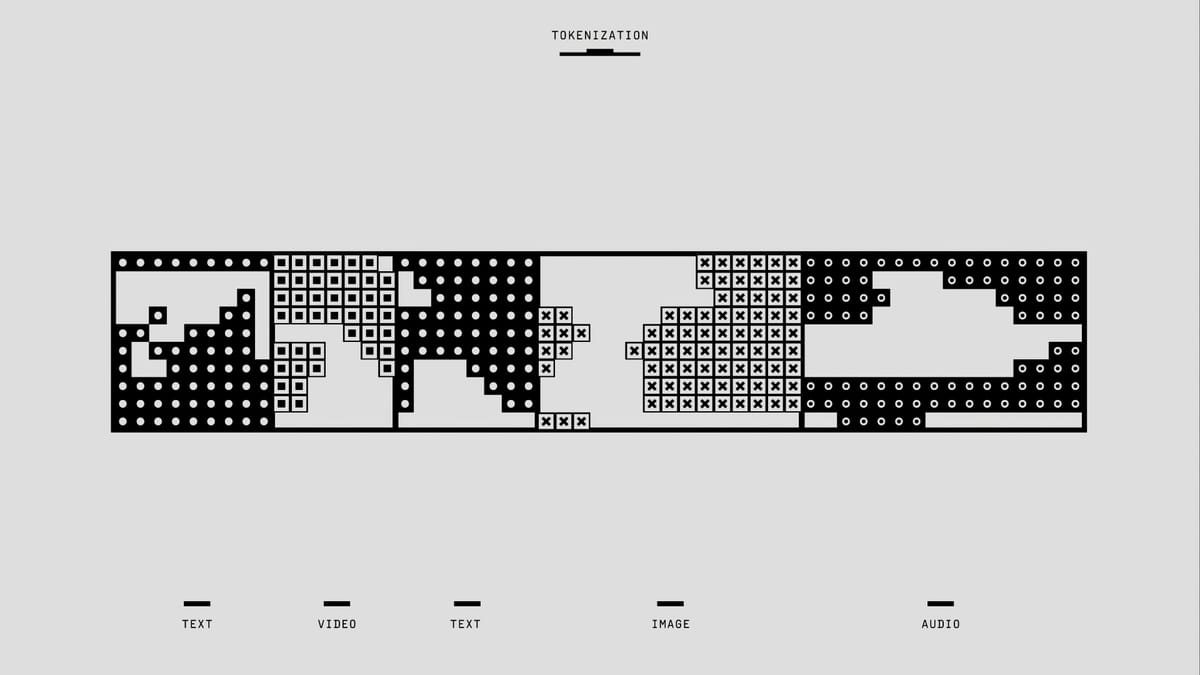In 2019 I gathered experts from trade unions, standards organisations, staffing experts, lawyers and other industry bodies (+24 companies)
In early 2019, the landscape of work in the United Kingdom was undergoing a seismic shift. Projections indicated that by 2022, over half of the nation's workforce could be self-employed. With 4.8 million people already registered as self-employed and 3.1 million having participated in the "gig" economy, it was clear that the way work was measured was no longer fit for purpose.
The traditional Standard Occupational Classification system, designed for an era of permanent employment, was failing to capture the reality of millions of workers, leaving them in a state of ambiguity regarding taxation, legal status, and fundamental worker rights. This critical issue prompted Deployed, a technology firm specialising in work definitions, to collaborate with Warwick University’s Institute for Employment Research and Innovate UK to host a pivotal summit at the Royal Society of Arts.
Our objective was to bring together a diverse group of experts—academics, statisticians, lawyers, trade union representatives, and government officials—to directly address the challenge of defining and classifying the modern workforce. The conversation was driven by a need to create clarity in an increasingly complex labour market. As Matthew Taylor, Chief Executive of the RSA and author of the 2017 "Taylor Review of Modern Working Practices," articulated in his opening address, this task was important for three key reasons: to understand the labour market and its impact on productivity, to create effective systems and classifications for policymakers, and to begin taking the quality of work as seriously as the quantity.
The summit aimed to achieve several key outcomes:
- Address Measurement Issues: The Office for National Statistics had highlighted significant challenges in determining who truly constitutes the "gig economy" workforce. We needed to find a path to more accurate data.
- Improve Classification: The simple three-tier system of "employees," "self-employed," and "workers" was no longer sufficient. The goal was to explore definitions that could capture the nuance of modern work without becoming overly complex.
- Advocate for Better Data: A consensus emerged that to measure this new world of work, we needed better data, whether from sharing platforms, administrative sources, or more targeted surveys.
- Champion New Policy: It was clear that new government regulation was required to keep pace with the changing world of flexible work and to ensure employee rights are protected.
For Deployed, the mission was, and remains, clear. We believe that better-defined work, with a focus on activities and outcomes, delivers significant economic and social benefits. The 2019 summit was the starting point for a crucial, ongoing discussion to properly catalogue a world of work that is increasingly flexible and self-employed.
Experts from the following companies
British Standards Institute
Carnegie UK trust
CBI
Crown Commercial Services
Deployed (my company pre-leunch)
Department for Business, Energy and Industrial Strategy
Department of Work and Pensions
The Economist
Federation of Small Business
Institute for Employemnt Research
International LO
Institute for Work & the Economy
IPSE
IWGB
Leeds University Business School
Office of National Statistics
PwC
Recruitment & Employment Council
Royal Society of Arts
Staffing Industry Analysts
Simons-Simons
Slaughter and May
The Open Data Institute
TUC


